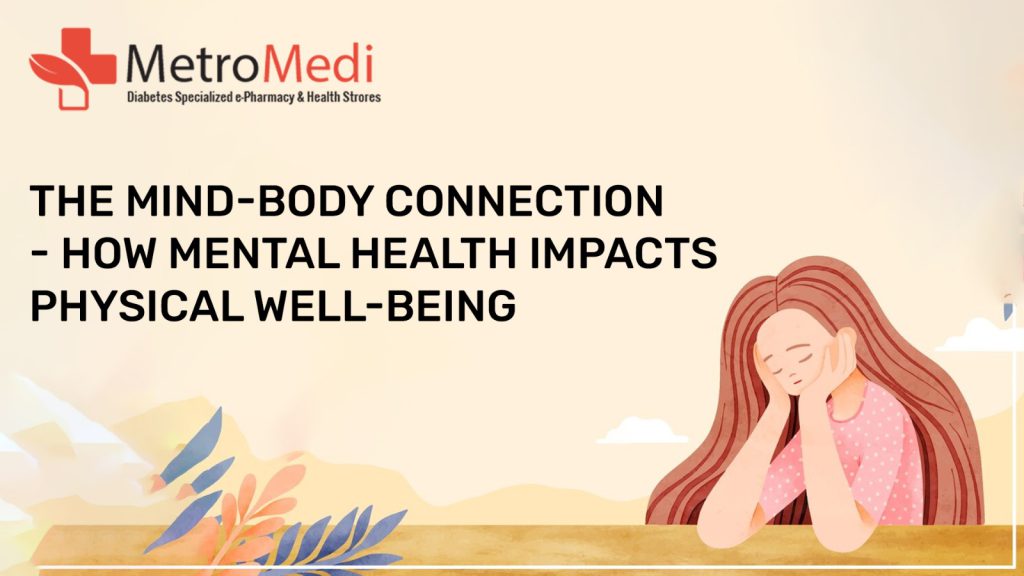
Maintaining a positive mindset is crucial for enhancing mental health and overall well-being. It can help you navigate life’s challenges with resilience, foster better relationships, and improve your quality of life. Developing a positive mindset involves more than just thinking positively; it’s about cultivating habits and practices that support mental and emotional health. If you’re exploring online mental health counselling or looking for other resources, here’s how you can develop a positive mindset for improved mental health:
1. Practice Gratitude Daily
Gratitude is a cornerstone of a positive mindset. Regularly acknowledging the things you’re grateful for can shift your focus from what’s lacking to what’s abundant in your life. Start or end your day by writing down three things you’re thankful for. This simple practice can help reframe your perspective and enhance your overall mood.
Tip: Use a gratitude journal or a dedicated app to track your daily reflections. If you’re looking for more structured support, consider exploring online mental health counselling options to guide you in developing a consistent gratitude practice.
2. Set Realistic Goals
Setting and achieving goals can boost your confidence and sense of accomplishment. Break down your larger goals into smaller, manageable steps, and celebrate each milestone you reach. Setting realistic goals helps you stay motivated and provides a clear path to success, which can reinforce a positive mindset.
Tip: Use SMART criteria (Specific, Measurable, Achievable, Relevant, Time-bound) to set effective goals. If you’re struggling with goal setting or motivation, online counselling services can offer strategies to help you stay on track.
3. Surround Yourself with Positive Influences
The people you interact with can significantly impact your mindset. Surround yourself with supportive, encouraging individuals who uplift and inspire you. Positive social interactions can provide emotional support, reduce stress, and contribute to a more optimistic outlook on life.
Tip: Engage in social activities that foster positive connections and avoid relationships that drain your energy. If you need additional support, online anxiety counselling can provide tools and techniques to manage social stressors effectively.
4. Engage in Regular Physical Activity
Exercise is not only beneficial for physical health but also for mental well-being. Physical activity releases endorphins, which are natural mood lifters. Regular exercise can reduce symptoms of depression and anxiety, improve sleep, and enhance overall cognitive function.
Tip: Aim for at least 30 minutes of moderate exercise most days of the week, such as walking, cycling, or yoga. For personalized exercise plans and motivation, consider consulting with an online mental health counsellor.
5. Practice Mindfulness and Meditation
Mindfulness and meditation techniques can help you stay present and manage negative thoughts. These practices encourage a non-judgmental awareness of your thoughts and feelings, which can reduce stress and promote a more balanced perspective.
Tip: Start with short, guided meditation sessions and gradually increase the duration as you become more comfortable. Online depression counselling often includes mindfulness strategies to help manage emotional challenges.
6. Challenge Negative Thoughts
Everyone experiences negative thoughts from time to time, but how you respond to them can make a big difference. Challenge negative thoughts by questioning their validity and considering alternative, more positive viewpoints. Reframing negative thoughts can help shift your mindset towards a more optimistic perspective.
Tip: Keep a thought journal to track negative thoughts and practice reframing them with positive affirmations. Online counselling services can provide additional support for cognitive restructuring techniques.
7. Prioritize Self-Care
Taking time for self-care is essential for maintaining a positive mindset. Engage in activities that bring you joy and relaxation, such as hobbies, reading, or spending time in nature. Self-care helps recharge your mental and emotional batteries, making it easier to approach life with a positive attitude.
Tip: Schedule regular self-care activities into your routine and treat them as important as any other commitment. For personalized self-care strategies, online mental health counselling can offer valuable guidance.
8. Seek Professional Help if Needed
Sometimes, developing a positive mindset can be challenging, especially if you’re dealing with underlying mental health issues. If you find it difficult to manage negative thoughts or emotions, consider seeking help from a mental health professional. Online depression counselling and online anxiety counselling are convenient options that provide support and resources for improving your mental health.
Tip: Don’t hesitate to reach out to an online counsellor if you need additional support in developing a positive mindset.
Conclusion
Developing a positive mindset is a journey that involves consistent effort and practice. By incorporating these strategies into your daily life and utilizing resources such as online mental health counselling, online depression counselling, and online anxiety counselling, you can cultivate a more optimistic outlook, improve your mental health, and enhance your overall quality of life. Remember, a positive mindset is not about ignoring life’s difficulties but about approaching them with resilience and hope. Start small, stay committed, and embrace the journey toward a healthier, happier you.
